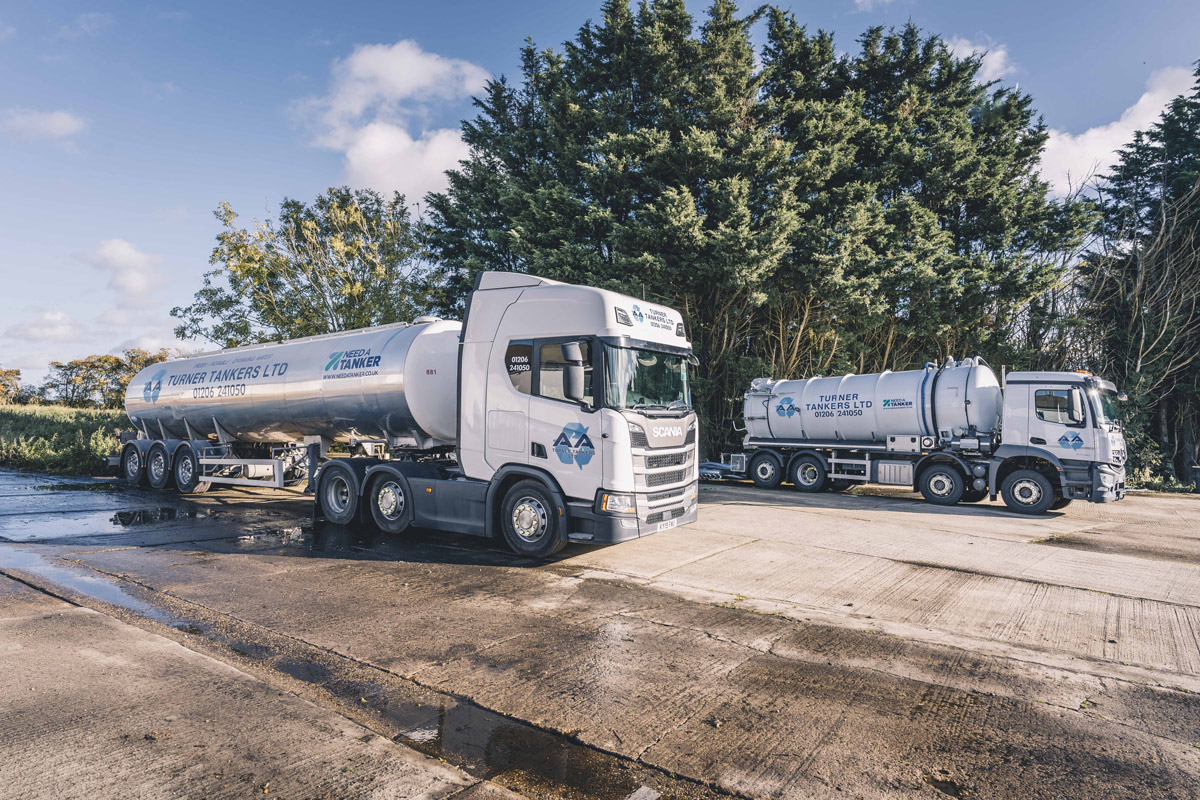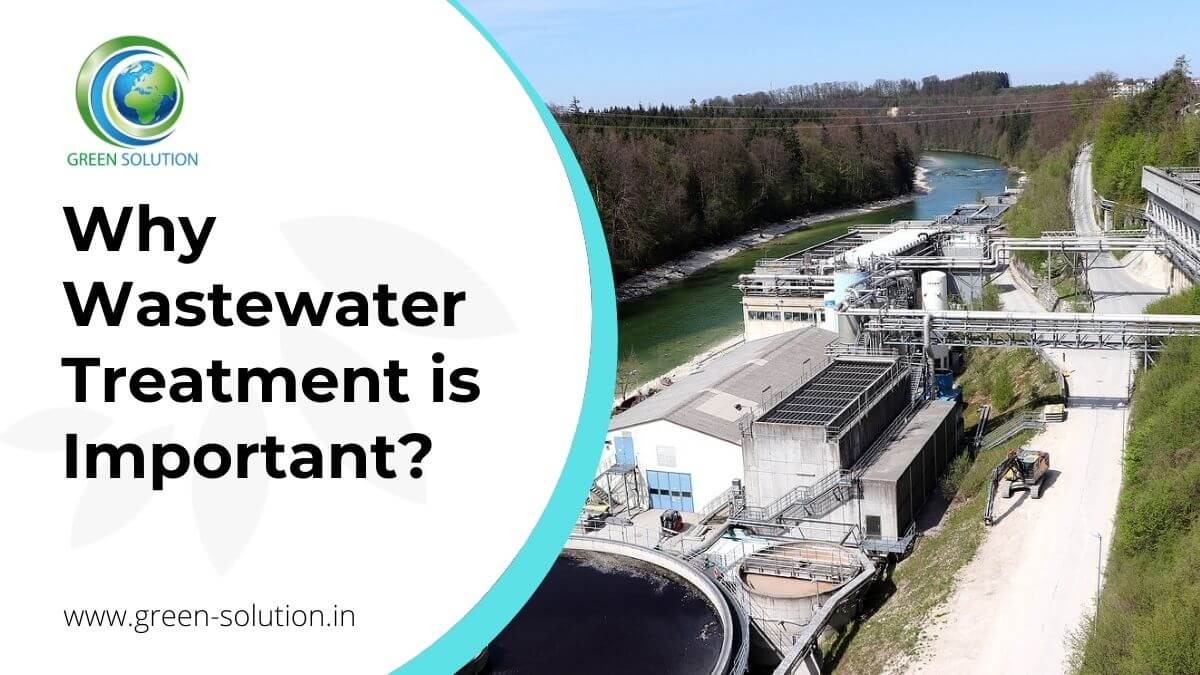7 Easy Facts About Reclaim Waste Explained
7 Easy Facts About Reclaim Waste Explained
Blog Article
Indicators on Reclaim Waste You Should Know
Table of ContentsSome Known Details About Reclaim Waste Reclaim Waste Fundamentals ExplainedReclaim Waste Can Be Fun For EveryoneThe Main Principles Of Reclaim Waste An Unbiased View of Reclaim Waste
Discover the types, occurrences, and kinds of liquid waste. Domestic sewer waste refers to the waste and items from a property sewage-disposal tank. This kind of waste is developed by people in houses, institutions, and other structures. This only includes septic systems that have a drain area. The appropriate management and disposal of residential sewage waste require fluid waste to be transferred to a sewer treatment plant where the correct techniques and equipment are related to purify and deal with waste.
Business waste frequently consists of potential risks, such as combustible products or a mix of fluid and strong waste products, and needs an advanced and in-depth disposal procedure. The disposal of commercial waste commonly involves the filtering of waste before transport to ensure safe and appropriate disposal. Hazardous waste is created from byproducts and runoff of commercial procedures and manufacturing.
This sort of waste can not use the same sewer administration transportation or processes as septic or business fluids. The hazardous waste management process needs the assessment and testing of liquid waste before it undergoes the disposal process (industrial wastewater treatment). Runoff waste is the liquid waste that comes from drainage and excess stormwater in very booming locations or cities
Drainage waste can create contamination and flooding otherwise handled properly. Learn more about sewer cleansing and waste monitoring. Ensuring correct waste monitoring can protect against calamities and lower ecological damage. Both individuals in domestic settings and professionals in business or production markets can gain from understanding the processes and regulations of fluid waste monitoring.
Reclaim Waste - Questions
Get in touch with PROS Services today to discover our waste monitoring and disposal services and the correct ways to look after the liquid waste you generate.
(https://www.awwwards.com/reclaimwaste1/)This supposed 'wastewater' is not only an essential resource yet, after treatment, will certainly be released to our land, waterways or the ocean. Made use of water from bathrooms, showers, baths, cooking area sinks, laundries and industrial procedures is understood as wastewater.

water made use of to cool equipment or tidy plant and devices). Stormwater, a kind of wastewater, is runoff that moves from farming and metropolitan locations such as roofing systems, parks, yards, roads, paths and seamless gutters into stormwater drains pipes, after rainfall. Stormwater streams neglected straight to neighborhood creeks or rivers, ultimately getting to the sea.
Unknown Facts About Reclaim Waste
In Queensland, a lot of wastewater is dealt with at sewer therapy plants. Wastewater is transported from domestic or industrial sites through a system of sewers and pump stations, referred to as sewerage reticulation, to a Read More Here sewage therapy plant. Local governments build, maintain and operate most sewage treatment plants. Operators are licensed under the Environmental Protection Act 1994 to discharge treated wastewater at an acceptable environmental requirement into waterways.
The Department of Natural Resources encourages regional governments regarding managing, operating and preserving sewerage systems and treatment plants. In unsewered areas, city governments might call for householders to mount private or house sewer therapy systems to deal with domestic wastewater from commodes, kitchens, shower rooms and washings. The Division of Natural Resources authorises using household systems when they are proven to be efficient.
In some brand-new neighborhoods, therapy of some stormwater to remove clutter, sand and crushed rock has started using gross toxin catches. Wastewater treatment occurs in 4 stages: Removes solid matter.
Uses tiny living microorganisms recognizes as micro-organisms to break down and eliminate remaining dissolved wastes and fine fragments. Micro-organisms and wastes are incorporated in the sludge.
Not known Facts About Reclaim Waste
Nutrient elimination is not readily available at all sewer treatment plants because it needs expensive specialized equipment. Clear liquid effluent produced after therapy might still consist of disease-causing micro-organisms - industrial wastewater treatment.

Most wastewater streams into the sewage system. Under the Act, local federal governments provide authorizations and licences for eco appropriate tasks (Ages) entailing wastewater releases that could have a regional influence.
The Facts About Reclaim Waste Revealed
Otherwise, examples are considered laboratory evaluation. Frequently lots of tests are needed to develop the degrees of each of the various pollutants such as oils, heavy metals and chemicals in water. Surveillance provides accurate info regarding water top quality and can confirm that licence conditions are being satisfied. The details gotten with monitoring offers the basis for making water top quality choices.
Report this page